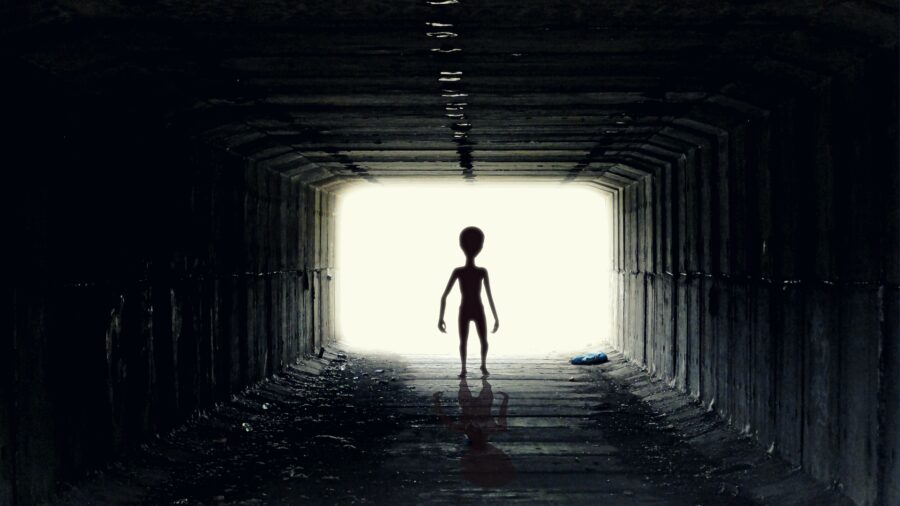NASA Paid A Bunch Of Priests To Figure Out Aliens
NASA called on a variety of religious leaders and thinkers to determine how religions would react to the discovery of alien life in the universe.
This article is more than 2 years old

When you are in the business of space exploration, it’s best to have all of your i’s dotted and t’s crossed so to speak. Sure, there is the technical side of exploring the cosmos, ensuring that the equipment is up to snuff and can deliver crafts and eventually people out into the universe. But the folks at NASA have to think about the other potential ramifications of finding different worlds or even possibly encountering aliens at some point. That’s why they were curious to see how the world’s population would possibly react to first contact and whether the prominent religions would be “okay” with this kind of introduction. Five years ago they brought together a variety of religious leaders to take the temperature on humans meeting aliens.
The Times (via Futurism) is reporting that back in 2016, NASA convened a group of theologians to discuss what the ramifications would be if aliens were to make contact with humans. It was a program that lasted a year on the campus of Princeton University and was titled “The Societal Implications of Astrobiology”. The central idea of this program was to try and predict/ determine how the major world religions would react to having aliens introduced to human life and whether the prevailing doctrines would be able to support such an occurrence.
Some of the findings of the group, which included 24 theologians and religious leaders in all, were published in a book Astrobiology and Christian Doctrine by Cambridge University professor Dr. Andrew Davison. The book explores the ideas of how religions across the world would react to the existence of aliens or extraterrestrial life being found and whether it would become a challenge to their core beliefs. Davison’s book details some of what NASA found when they brought together these different leaders. In short, Davison posits that there wouldn’t likely be a major overhaul in belief systems, but instead, people would fall back on their respective religions in order to “make sense” of this new life.

The group at Princeton’s Center of Theological Inquiry and NASA are partnering on these kinds of questions and studies in order to effectively get out ahead of the game when it comes to alien life being discovered. Davison notes that while it would seem unlikely, those who believe in alien life existing and those who believe in religion (of any kind) are possibly drawing from the same sorts of inner questioning. Both “belief” systems require searching for things that can’t be seen and both likely stem from trying to make sense out of the universe. In this way, while it wouldn’t appear to be a strong overlap, these two ideas (God, aliens) have more in common than one might think, on a human understanding level at least.
As NASA and other space companies continually push the boundaries of our galaxy it stands to reason we will continue to make more discoveries around what exists (or doesn’t exist) out there in the galaxy, aliens or otherwise. Understanding the human reaction to the potential findings would seem as important as anything else.












